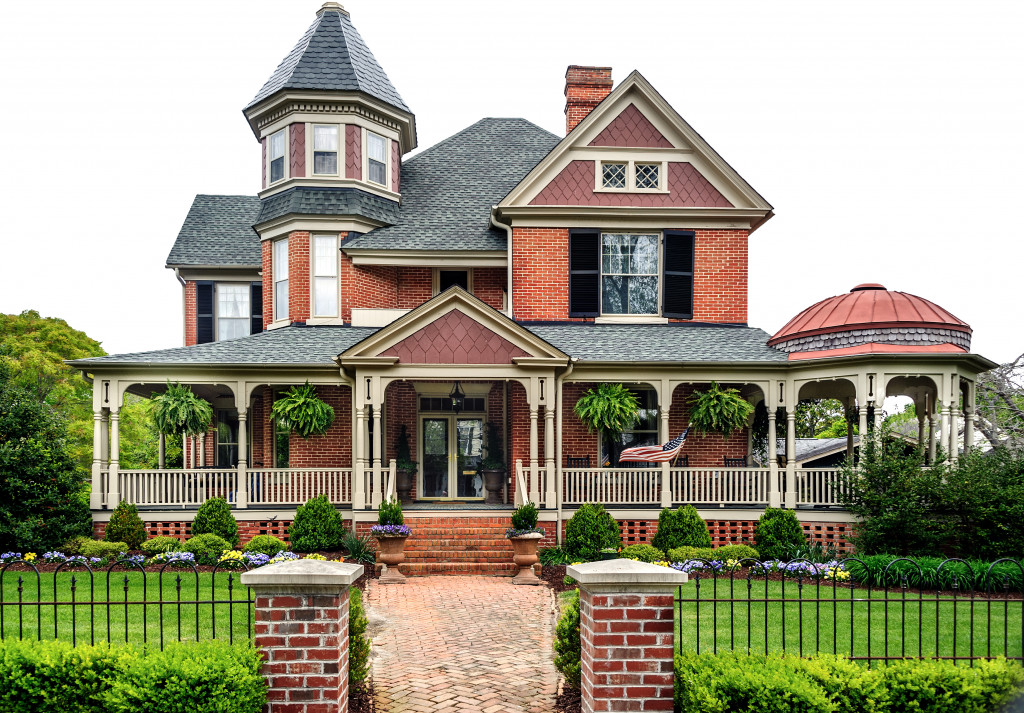You’ve just inherited a house. It’s a bit outdated and needs some work, but it’s in a great location and has good bones. It’s important to carefully consider your options when managing your new property and consider how you can better make the most out of your investment. Here are a few ways to improve an inherited house:
Get a Home Inspection
After inheriting a new asset like a house, it’s important to have it inspected. This is especially important if you plan to live in the house or sell it. A home inspection will give you an idea of what repairs need to be made and can provide you with peace of mind knowing that the house is safe. The inspector will check for pests, mold, and structural damage. They will also test the plumbing, electrical, and HVAC systems. If any significant problems are found, you can decide whether to make the repairs or sell the house. Either way, getting a home inspection is essential in dealing with a loved one’s estate.
Evaluate your Options
The first step is to sit down and think about what you want to do with the house. Do you want to live in it? Rent it out? Sell it? Once you have a clear idea of your goals, you can start making a plan. Once you know what you want to do with the house, it’s time to start budgeting for repairs and improvements. As an old house, it might need repairs or updating that you weren’t expecting, so be sure to factor that into your budget.
Prioritize Your Projects
Renovating an old inherited house can be a daunting task. Multiple projects might need to be completed, and it can be challenging to decide where to start. One way to approach this problem is to prioritize your tasks. Identify the most important projects and tackle those first. For example, if structural issues need to be addressed, those should be your first priority. Once the major projects are out, you can move on to the less important projects, such as cosmetic updates. Taking a step-by-step approach can make the renovating process more manageable in terms of time, effort, and budget.

Enhance Its Curb Appeal
When it comes to home improvement, one of the most important things you can do is to improve your curb appeal. Here are some of the most effective ones:
Exterior Walls
The exterior walls of your home are one of the first things people see when driving by. If these walls are in poor condition, it can give your whole property a run-down appearance. You should update your exterior walls by adding new paint or siding. This can brighten up the look of your property and make it more inviting.
Windows and Doors
If you’re looking to improve your home’s curb appeal, one of the best places to start is with your windows and doors. Outdated or damaged windows can give your home an unkempt look, while new windows can brighten up the whole façade. The same goes for your doors; a new front door can make a big impact while adding style and functionality. Updating these home features gives your home a fresh, new look that will impress your neighbors and increase its value.
Garage Doors
Over time, garage doors can become worn and faded, making them an eyesore. Replacing your garage doors will give your home a fresh, new look that will make it stand out from the rest. In addition, new garage doors are often more energy-efficient than older models, helping to lower your energy bills. If you’re thinking about selling your home in the future, getting residential garage door replacements is a smart investment that can improve your curb appeal and the value of your home.
Think Long-Term
When you inherit a house, it can be tempting to immediately begin making changes to suit your taste. However, it’s important to think long-term when it comes to renovations. Many factors can affect the resale value of a home, and it’s important to keep those in mind as you make improvements. For example, suppose you’re planning on redesigning a room or making major structural changes. In that case, it’s important to make sure that those changes appeal to most potential buyers. Otherwise, you may find it difficult to sell the house in the future. Similarly, even small changes like paint color or updating fixtures should be done with resale value in mind. By thinking about the future, you can ensure that your inherited house will be a valuable asset for years to come.
While inheriting a house may come with some challenges, there are also many opportunities for making it into your ideal home. With careful planning and execution, you can turn an inherited house into a place that genuinely feels like yours.

